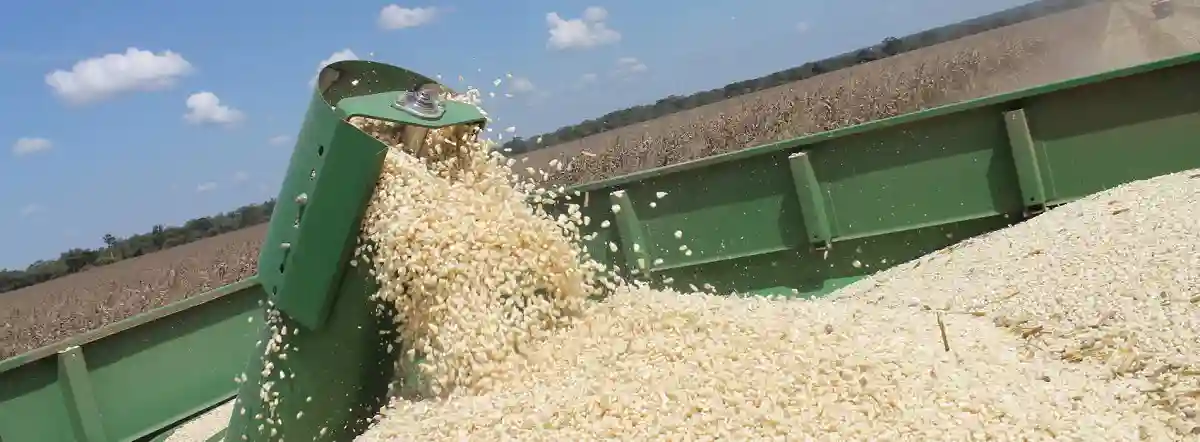The United Nations World Food Programme (WFP) is planning a food relief programme targeting 700 000 people in Zimbabwe from October as the effects of a poor harvest and the Ukraine war continue to show.
Zimbabwe’s government is working with agencies to provide food aid for 3.8 million people, the WFP said.
The southern African country has been struggling to feed itself since 2000 when former leader Robert Mugabe championed the seizure of white-owned farms to resettle landless Black people.
Zimbabwe’s government has said it expects its staple maize harvest to fall by almost half this year, to 1.56 million tonnes from last season’s multi-year record of 2.72 million tonnes, due to poor rainfall in the 2021-22 growing season.
The country requires 2.2 million tonnes of maize annually for human and livestock consumption.
WFP country representative Franscesca Erldelmann said they had budgeted $40 million for the food aid programme to cushion millions over the peak of the hunger season from October, when poor households run out of food stocks, to March when harvesting starts.
She said the number of food insecure people had shot up from 2.9 million to 3.8 million, warning that more households could go hungry as grain stocks dwindle.
Rising food prices, coupled with higher fuel costs after Russia’s invasion of Ukraine, have driven Zimbabwe’s inflation from 61% in January to 285% in August, undermining President Emmerson Mnangagwa’s efforts to revive the country’s economy.
Meanwhile, Public Service, Labour, and Social Welfare Minister Paul Mavima told Parliament in June that the Grain Marketing Board (GMB) had adequate grain in its strategic reserve and would be able to provide the drought relief.

